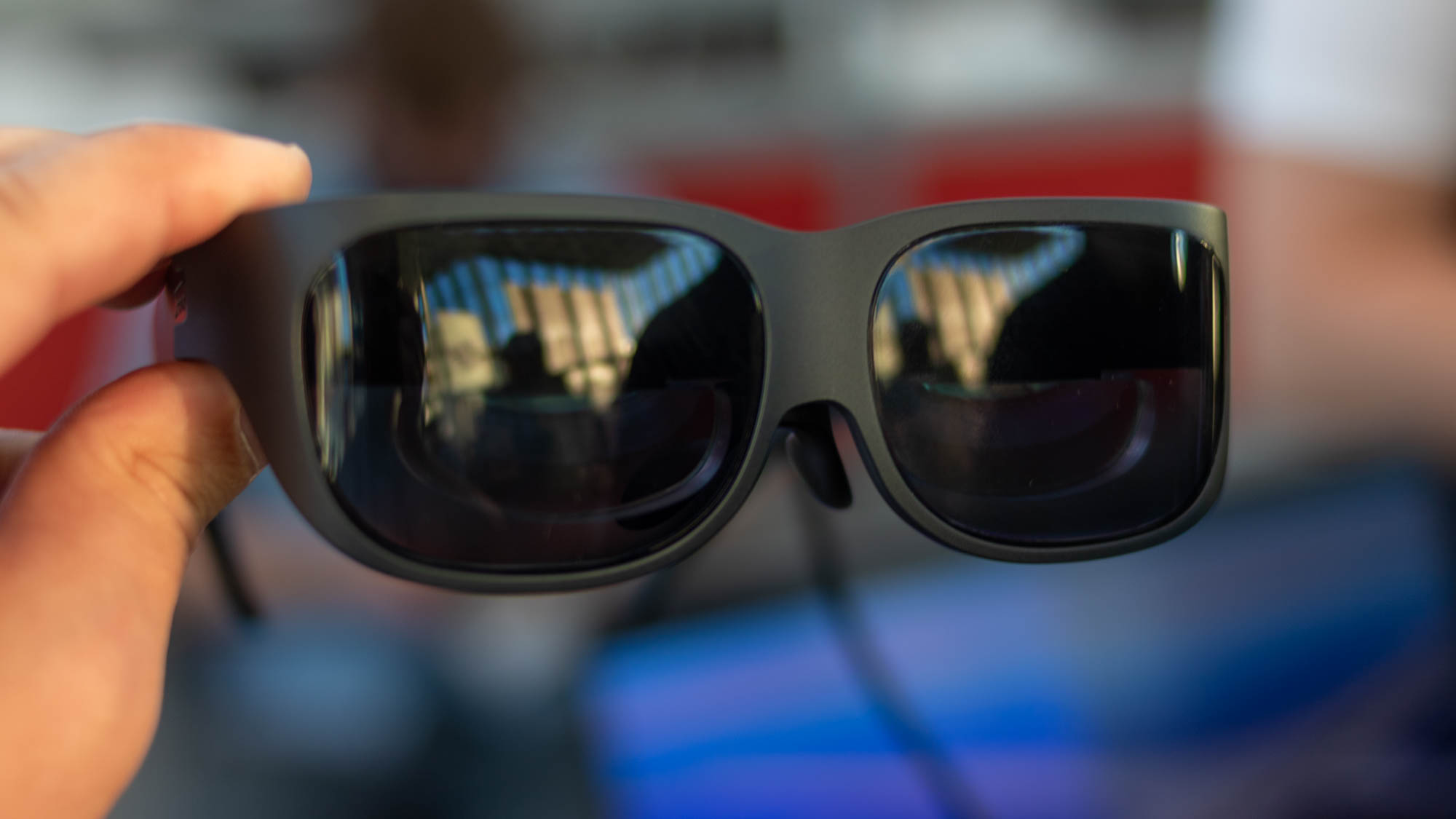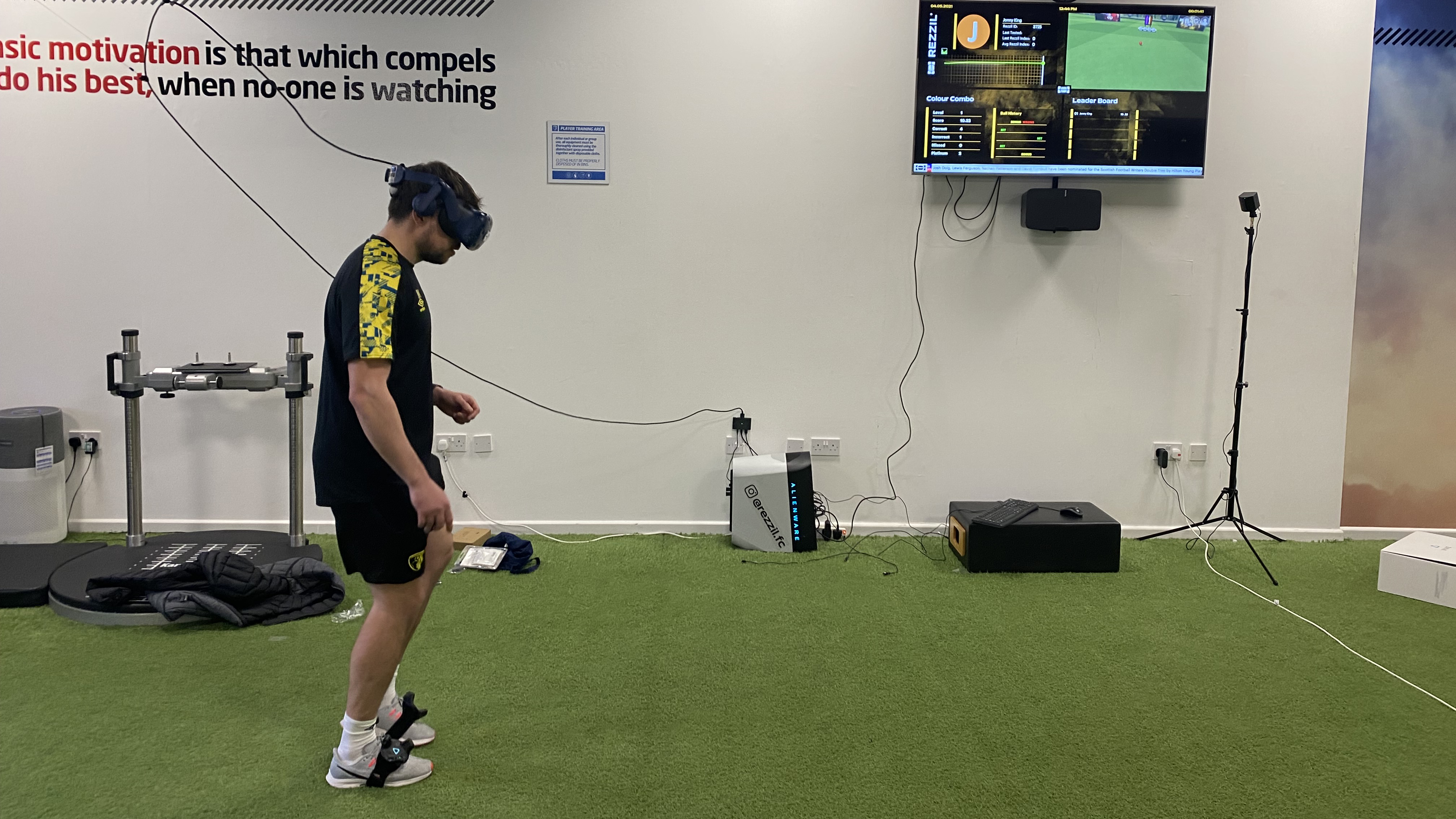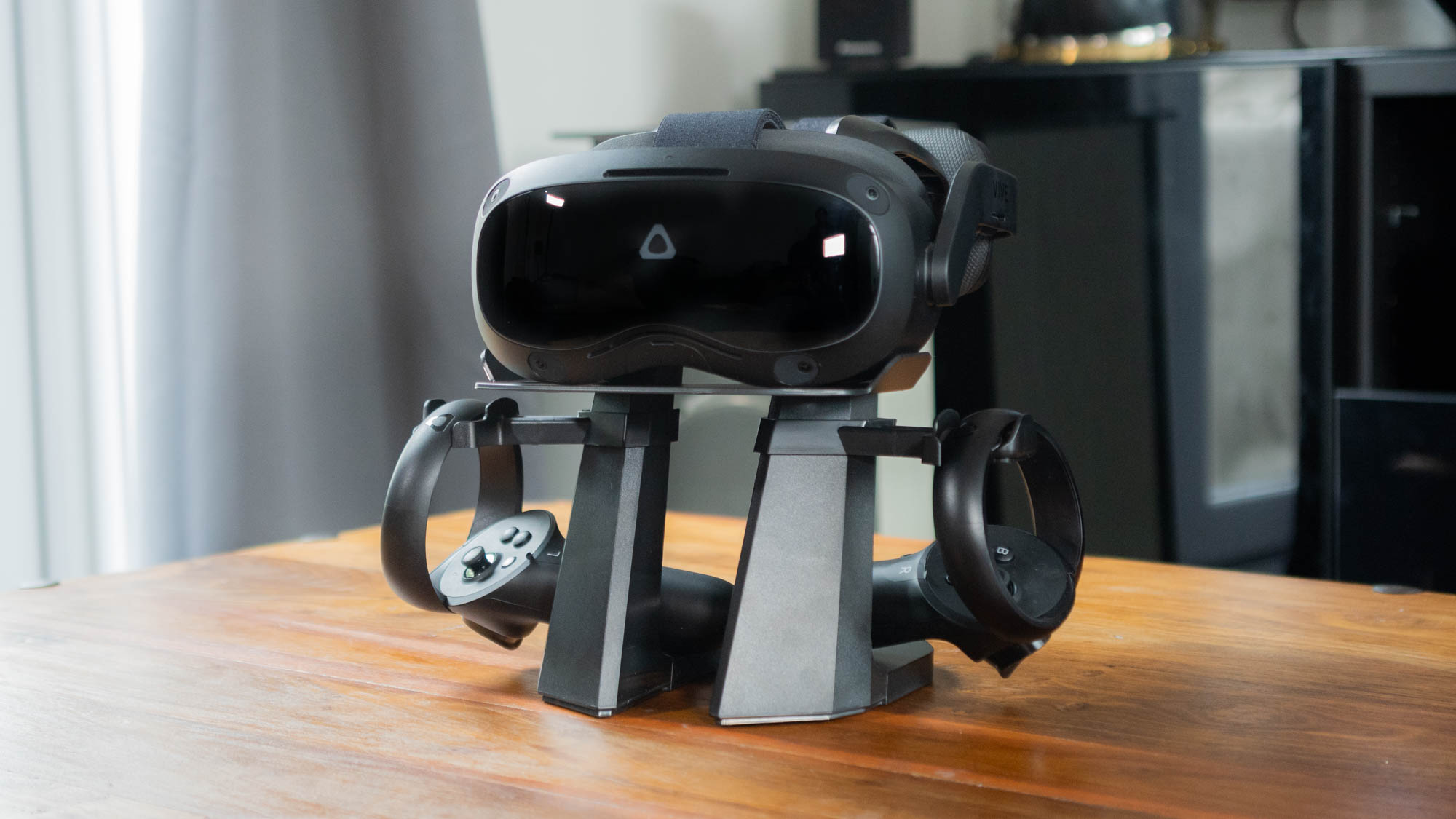Gartner: VR and voice AI will fuel future device growth
Lack of innovation means PCs, mobile and tablet sales are stagnating

Sales of PCs, mobile phones and tablets are stagnating, Gartner warned today, blaming market saturation and slower innovation.
The research firm predicts that sales will remain flat at 2.32 billion units until 2018, when they will increase to 2.35 billion units.
"The global devices market is stagnating. Mobile phone shipments are only growing in emerging Asia/Pacific markets, and the PC market is just reaching the bottom of its decline," said Ranjit Atwal, research director at Gartner.
"As well as declining shipment growth for traditional devices, average selling prices are also beginning to stagnate because of market saturation and a slower rate of innovation."
PCs sold 219 million units in 2016, but are expected to sell just 205 million in 2017, 198 million in 2018, and 193 million the year after.
Devices like Apple's MacBook Pro and Microsoft's Surface range, will eat up some of the ailing PC demand, with sales rising 24% to 61 million units in 2017, according to Gartner's predictions.
But while emerging markets are quicker to replace their smartphones, as these devices function as their primary means of computing, mature markets take longer, the research firm states.
Get the ITPro daily newsletter
Sign up today and you will receive a free copy of our Future Focus 2025 report - the leading guidance on AI, cybersecurity and other IT challenges as per 700+ senior executives
Therefore Gartner believes that while mobile phone sales will increase from 1.88 billion in 2016 to 1.89 billion in 2017, and 1.92 billion in 2018, most of that growth will be driven by demand from new markets.
Meanwhile, VR and voice assistants are expected to drive future device growth.
Atwal said: "Consumers have fewer reasons to upgrade or buy traditional devices. They are seeking fresher experiences and applications in emerging categories such as head mounted displays (HMDs), virtual personal assistant (VPA) speakers and wearables."
In order to meet that demand, hardware vendors will seek to pair with service providers offering those kinds of functions.
"As service-led approaches become even more crucial, hardware providers will have to partner with service providers, as they lack the expertise to deliver the service offerings themselves," said Atwal.
Main image: Bigstock
-
 Asus ZenScreen Fold OLED MQ17QH review
Asus ZenScreen Fold OLED MQ17QH reviewReviews A stunning foldable 17.3in OLED display – but it's too expensive to be anything more than a thrilling tech demo
By Sasha Muller
-
 How the UK MoJ achieved secure networks for prisons and offices with Palo Alto Networks
How the UK MoJ achieved secure networks for prisons and offices with Palo Alto NetworksCase study Adopting zero trust is a necessity when your own users are trying to launch cyber attacks
By Rory Bathgate
-
 Majority of CIOs concerned that cloud complexity exceeds human ability
Majority of CIOs concerned that cloud complexity exceeds human abilityNews Greater observability and rollout of automated systems are also needed to reduce IT team strain and burnout
By Rory Bathgate
-
 Has Lenovo found the ultimate business use case for smart glasses?
Has Lenovo found the ultimate business use case for smart glasses?Opinion Lenovo’s T1 smart glasses offer a virtual desktop that only you can see
By Bobby Hellard
-
 IT Pro Panel: Can you build a business on blockchain?
IT Pro Panel: Can you build a business on blockchain?IT Pro Panel Blockchain’s about more than just cryptocurrencies, but does it have a place in the enterprise?
By Adam Shepherd
-
 Virtual striker: Using VR to train Premier League stars
Virtual striker: Using VR to train Premier League starsCase Studies How one company is taking VR out of the boardroom and into the locker room
By Adam Shepherd
-
 NeuPath and Cynergi will bring VR therapy to chronic pain management
NeuPath and Cynergi will bring VR therapy to chronic pain managementNews NeuPath will integrate Cynergi’s VR program with its remote pain management platform
By Praharsha Anand
-

 HTC Vive Focus 3 review: The future of VR is here
HTC Vive Focus 3 review: The future of VR is hereReviews This smart and stylish headset is a leap forward for the technology
By Adam Shepherd
-
 The IT Pro Podcast: Can VR unite the hybrid workplace?
The IT Pro Podcast: Can VR unite the hybrid workplace?IT Pro Podcast How one company is using virtual reality to bring its staff together
By IT Pro
-
 HTC launches new business-focused VR headsets
HTC launches new business-focused VR headsetsNews Vive Pro 2 and Vive Focus 3 include 5K resolution, larger field of view, and business management tools
By Adam Shepherd